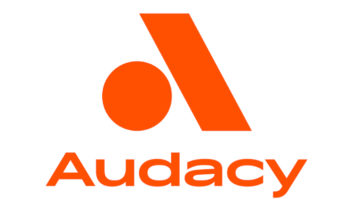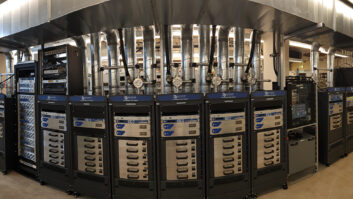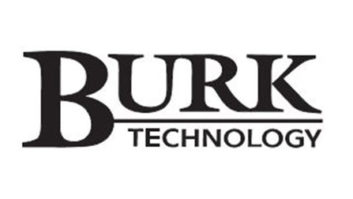A collection of trade associations and public interest organizations seem perfectly happy to see the FCC stand pat with its regulatory fee-setting methodology.
The Consumer Technology Association, Telecommunications Industry Association, TechNet and others are calling on the FCC to maintain its stance of not imposing regulatory fees on unlicensed spectrum users. The groups cite a recent study that shows unlicensed spectrum, including Wi-Fi use, generates $95.8 billion per year in incremental sales value based on a review of available device sales data.
The National Association of Broadcasters has railed against the FCC’s fee collection model and a proposed 13% hike in the regulatory fees broadcasters will pay before the Oct. 1 start of the government’s new fiscal year.
The FCC’s Notice of Proposed Rulemaking (NPRM) released in June set the assessment regulatory fees for 2022. The proposal contains no new fees on unlicensed spectrum users.
[Related: “FCC’s Regulatory Fee Increase Proposal Draws NAB Response“]
NAB claims the FCC subsidizes other companies by forcing broadcasters to pay for broadband-related activities that do not provide any benefit to broadcasters. It wants the FCC to add a fee category for broadband service providers and explore additional fee categories.
Congress requires the commission to assess and collect regulatory fees each year in an amount that can reasonably be expected to equal the amount of its annual salaries and expenses. The FCC is required to collect $381.9 million in regulatory fees for FY2022.
The filing from the consumer technology industry, which makes no mention of NAB or its argument against broadcasters paying higher fees, says a so-called Wi-Fi tax would have a detrimental impact on consumers, state and local governments, corporations, non-profits, schools and libraries.
“Unlicensed spectrum users do not impose discrete duties on the commission beyond the certification of equipment, as licensees and other regulated parties do. Importantly, unlicensed spectrum users, though they are very diverse, are distinguishable from licensees directly regulated by the commission in that they receive no protection from harmful interference nor a vested right to use any particular frequency,” the collection of technology industry groups wrote to the FCC.
The FCC is required to collect fees that reflect the full-time equivalent (FTE) number of employees within the bureaus and offices of the commission, adjusted to take into account factors that are reasonably related to the benefits provided to the payor of the fee by the commission’s activities.
The commission did seek comment last year in the NPRM appended to the FY2021 Report and Order on whether it should adopt new regulatory fee categories and on ways to improve its regulatory fee process. However, the commission has not yet taken any final action on its proposal.
In this year’s proposal the FCC projects collecting approximately $32.51 million (8.51%) in fees from International Bureau regulatees; $81.27 million (21.28%) in fees from Wireless Telecommunications Bureau regulatees; $128.86 million (33.74%) from Wireline Competition Bureau regulatees; and $139.31 million (36.47%) from Media Bureau regulatees.
File comments in the FCC’s online system. In the Proceeding field, refer to MD Docket No. 22-223. Reply comments are due July 18.








